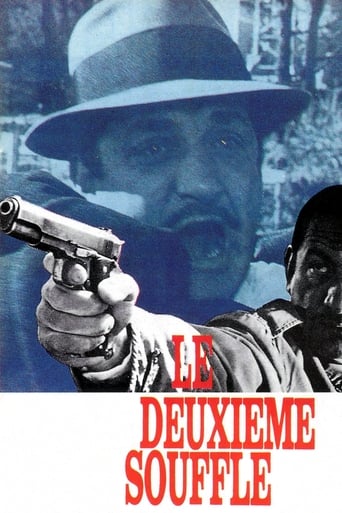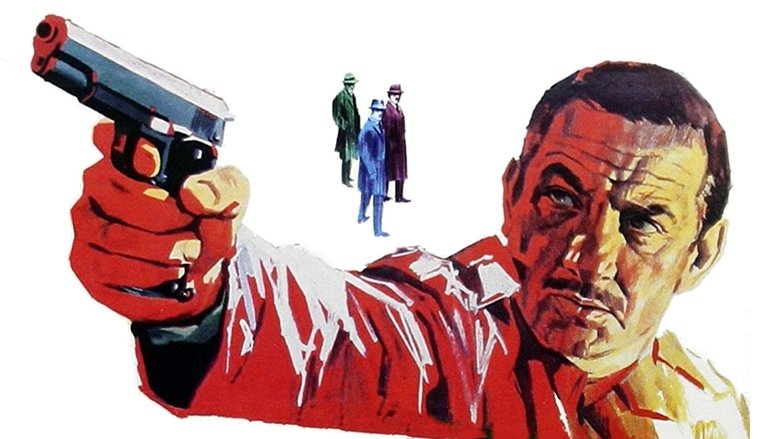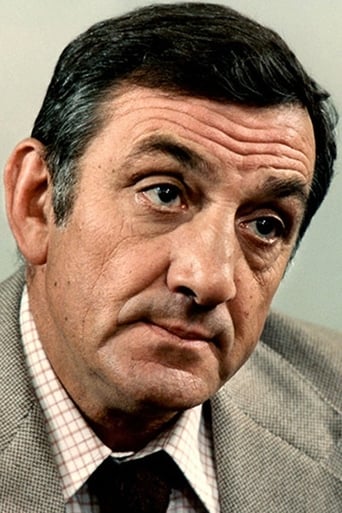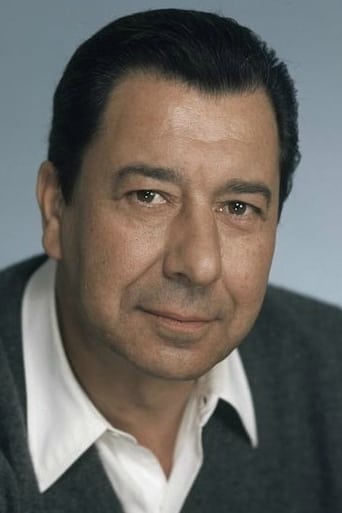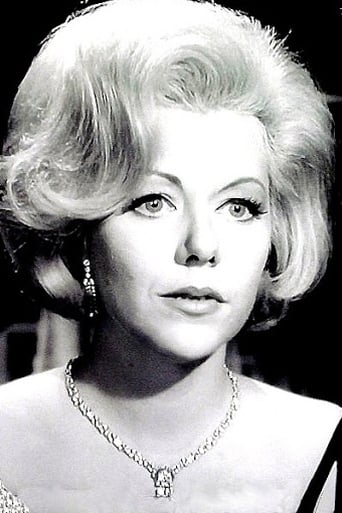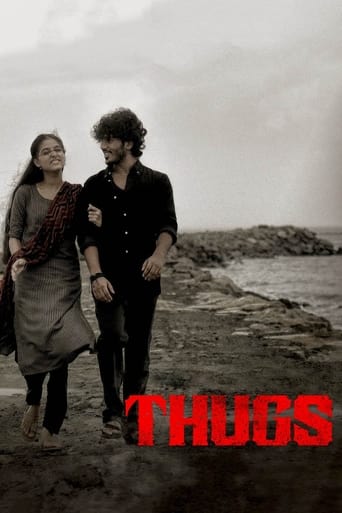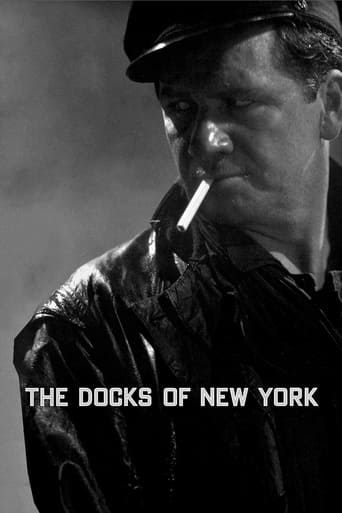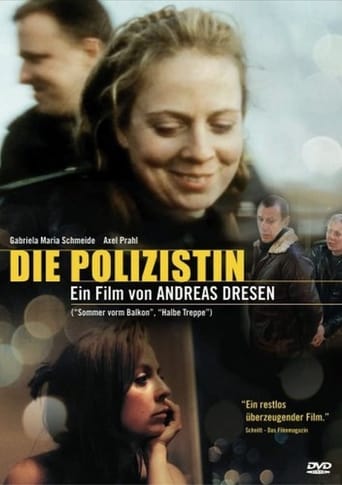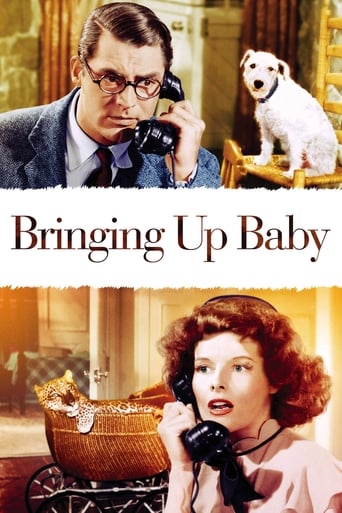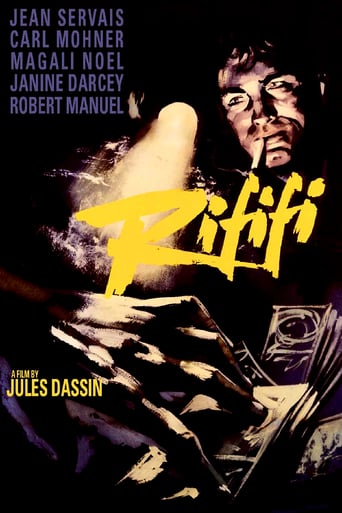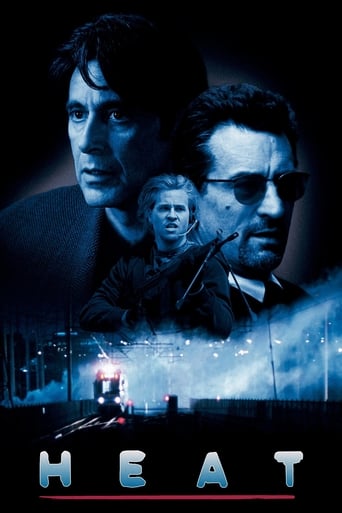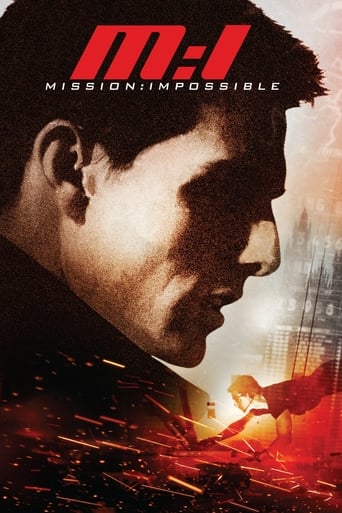Le Deuxième Souffle (1966)
A gangster escapes jail and quickly makes plans to continue his criminal ways elsewhere, but a determined inspector is closing in.
Watch Trailer
Free Trial Channels
Cast


Similar titles
Reviews
Very very predictable, including the post credit scene !!!
Terrible acting, screenplay and direction.
Slow pace in the most part of the movie.
I was totally surprised at how great this film.You could feel your paranoia rise as the film went on and as you gradually learned the details of the real situation.
I don't speak French, but the acting and the subtitled dialog are outstanding throughout.The plot and each situation, each conversation, is completely credible, and follows naturally, yet not predictably, from what came before.A note to younger audiences: there are no highly choreographed fight scenes or stylized gun battles (though there are fights and shooting). No throw-away romantic interest. No noticeable special effects. No wisecracking. No mood music telling you what to feel.So, if you're used to recent Hollywood fare, it may seem slow.But, to this noir-lover, it feels fresh, yet as gritty as a run-down apartment in a hundred year-old building.
It may not be true as Bertrand Tavernier asserts in the add-on DVD special that "Second Wind" (the correct idiomatic translation) made further crime movies superfluous, but this is a brilliant example of the genre. The subtitles do not do justice to the dialog that is typically French- wordy but still clever and provocative. Inspector Blot, the Joe Friday/Jack Web emulator, has the most good lines, but they are throughout. The casting is as good as you could get. Shooting in black and white was essential to focus viewers on the story, the characters and the script. Even the Arch of Triumph looks appropriately raw and menacing: at no point do you think how pretty France is, only how dreary and monotonous are the streets, and how rugged the rocks, the perfect backdrop to this depiction of remorseless selfishness and cruelty that illustrates that stories do not have to be compact and tidy to be compelling.
Why do I always care about thieves in heist films, no matter how bad they are? As is common in Jean-Pierre Melville's later films, this meticulously crafted crime film opens with a title card that epigrammatically sets out a foreboding epigram that molds ostensible meaning into the action: "A man is given but one right at birth: to choose his own death. But if he chooses because he's weary of his own life, then his entire existence has been without meaning." It's invariably inhibiting to totally apply these fatalistic, existential aphorisms to the films that thus proceed, but they tend to cast a distinct outlook across the film. I'm not so sure that this slow, deliberate caper, or any of Melville's others for that matter, seeks all of the indications of this quote, but its pretext of fate, mortality and grim, solipsistic judgment corresponds with the essential themes of the film.Like Le Cercle Rouge, Le Deuxième Soufflé is a nominal saga, an antithetical and composite film in which the life seems as if to impose and simultaneously exhale. Ventura's performance is both innate and disciplined by his claustrophobic settings. There are several instances set within moving cars, less to expand the atmosphere than to show the inhibition of the space they employ.What frustrates and somewhat detaches me however is that Melville never seems to give his characters any involved cognitive measure. They're characterized and assessed by the black and white of their behavior. Gu is a ruthless, intractable and curtailed presence who gains recognition, even from Inspector Blot, another wonderfully named character, played by Paul Meurisse, who respects his deadly actions because he eventually complies with and doesn't veer from his dang "code."Much of this 1966 cops-and-robbers film can be explained just in terms of its distilled preoccupation with the reference to the conventions regarding the treatment of Chandler, McBain, W.R. Burnett, Jim Thompson, stylish Hollywood crime dramas, and classic American gangster pictures. Melville's films in this mode have the element of photogenics, conformity to modern ideas and models nourished by a shadowy nonchalance and the characters' affectedly memorialized mannerisms. For instance when a dutiful thug prepares to meet the other gang members, casing the place first, but also anticipating the blanket preconditions of the scene. This dogmatic behavior underscores the salutary definitions of these characters, their movements having a textbook role. You can also see Melville's influence on Tarantino's Jackie Brown when the thug is dramatically pre-performing the differing poses of the impending standoff. Also, it's not until Gu changes into clothing more mindfully echoing that of a gangster that he is allowed to free himself from being so secretive and concealed.The sullen, inflamed and exceedingly conventionalized quality of this typified film conveys Melville's immersion in the downbeat deliberation of the play of loyalty and destined disloyalty. With this transcendent crime film, as per Melville's usual, complete with another great title, Second Wind, Melville pushes the tonal qualities and gray scale of the image to new levels. The movie's preoccupation with issues of fellowship, abnormally all-consuming professionalism, silence, and duplicity reverberates with Melville's own distinction as an egocentric, tight-lipped, fringe-dwelling figure in French cinema, who despite his success never truly declared participation or involvement in any founded generation or evolution of filmmakers.
Nearly two-and-a-half hours is a long, long time in the movies, especially so when Jean- Pierre Melville is once more demonstrating his passion for hard boiled gangsters. With Le Deuxieme Soufflé (Second Breath), it seems to me that Melville has given us some extraordinary set pieces of heists, shoot-outs and chases...including one roll-along-the-floor while-shooting-a-gun-in-each-hand and-plugging-all-the-guys-who were-going-to-plug-you that now has become a pretty-boy-actor-as-tough-guy cliché. They are embedded, however, in an over-long story featuring yet one more of Melville's existential heroes that he came to obsess about. Melville underlines it all with his stoic gangster code of conduct, illustrated by the pretentious words that start this movie: "A man is given but one right at birth: To choose his own death. But if he chooses because he's weary of life, then his entire existence has been without meaning." Let me tell you something...nothing, nothing will go right as long as Gu Minda, cold-blooded murderer with a soft spot for Manouche, believes his buddies think he ratted them out. The Code won't permit it. Is this to deny that Melville was a great director? Hardly, but it is to recognize that Melville was human: He didn't always make great movies; his preoccupation with gangsters and their fictitious code of conduct was limiting; his indulgence in what passes as "style" in the gangster milieu could appear, in my opinion, downright silly; and as a screenwriter he was capable of some corny gangster dialogue (or at least he was ill-served at times by the subtitle writers). With all this, the director who could give us Army of Shadows, with its terrible themes, its remorselessness and its humanity, is a great director. The director who could give us Bob le Flambeur, with its irony, its humanity and its tight, story-telling prowess, is a great director with a sense of humor. Watch Army of Shadows and Bob le Flambeur (and Le Cercle Rouge) first, then Le Deuxieme Soufflé and Le Samourai...and come to your own conclusions. The devil of it with Le Deuxieme Soufflé is that great stretches of the movie are gripping, Lino Ventura (with that hard, tired face) and Paul Meurisse are first- rate and Melville never lets us have less than a superbly presented series of scenes. But, in my opinion, his series of scenes, some lengthy, don't add up to a tightly realized movie, especially at over two-and-a-half hours. Gu Minda (Lino Ventura) is a cop-killing gangster who has just broken out of prison. Gangsters he knows have been moving in on his turf. Two hoods threaten Manouche, his long-time girl friend (Christine Fabrega), in her apartment. Gu intervenes, and with a friend drives the hoods to the country. Gu guns them down in the car. Inspector Blot is after Gu. Blot is resourceful and relentless. Gu has no money. He's determined on one last heist with a big payday before he and Manouche flee France. Inspector Blot will not make things easy. When Gu realizes his honor has been compromised, he won't leave France until he sets things straight. Don't expect a happy ending. With Melville's code of the existential gangster, there never is. While the plot is simple, Melville embellishes it with any number of twists and turns, sneaky actions, a coincidence or two and some satisfying betrayals, plus a long, extremely well-done set piece on how to hi-jack a van full of platinum. In this gangster movie there is no gangster arm candy, only Manouche. Fabrega was 35 when the movie was released. Lino Ventura was 47. Through the alchemy of genes and make-up, they make their characters about same age. Fabrega looks her years and is all the more believable because of this desirable maturity. She gives to Gu what little sympathy we have for him. It would be difficult to say -- between Ventura with Gu's grim, murderous honor and Meurisse with Blot's sardonic realism and intelligence -- who gives the film more interest. It might depend on your tolerance for thug killers who agonize about their reputations.

